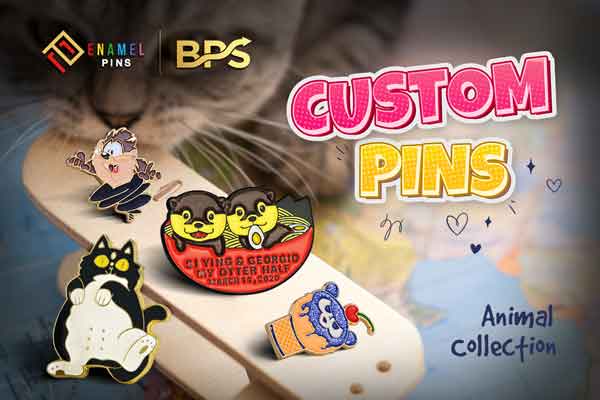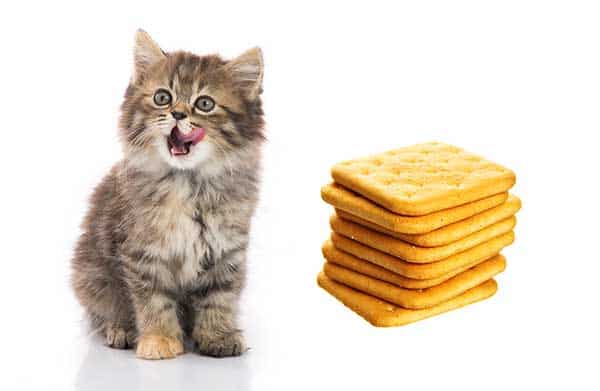Cats are the most curious animals ever domesticated by man. They tend to demonstrate curiosity in just about anything.
For instance, you could be snacking on Graham crackers and all of a sudden, your feline friend begins meowing for the food. As a loving and caring pet parent, you probably already know that vets generally discourage offering human foods to our furry friends. However, cats can be very persistent, especially when begging for people foods.
So, her constant meows get the better of you and you eventually decide to offer your feline friend some Graham crackers. But can cats eat Graham crackers?
Answer: Yes, cats can eat Graham crackers, but it’s not recommended. While your feline friend will not die immediately from eating Graham crackers, there could be long-term health effects of cats eating Graham crackers. That’s primarily because these crackers are usually prepared using ingredients that might not agree with your cat’s stomach. Also, there are very few nutritional benefits that your cat can enjoy from eating Graham crackers, considering that cats are obligate carnivores.
Read on as we answer related questions pertaining to Graham crackers and cats.
More About Graham Crackers
Whether you’re an avid reader of history books or not, you must have already heard about Sylvester Graham, the famous 19th-century outspoken advocate for temperance.
According to Sylvester Graham, God’s intention is that humans pursue the path of minimal pleasure and stimulation. That includes, among other things, incorporating a vegetarian diet that’s anchored in bread prepared from home-ground wheat coarsely.
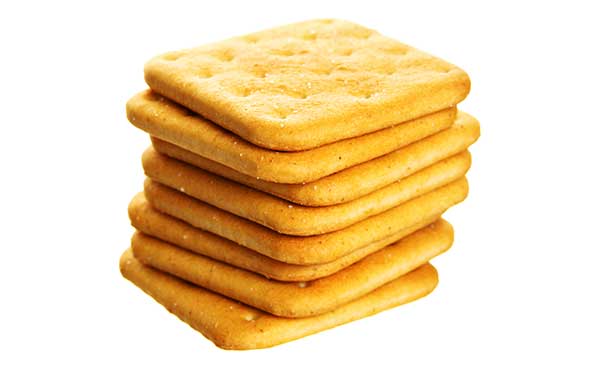
Sylvester Graham’s doctrines of minimalism were particularly popular during the cholera pandemic of 1829 to 1851. It’s out of Graham’s relentless pursuit of temperance that Graham crackers came into existence.
Also known as Graham wafer, Graham crackers simply refer to sweetened crackers that are made using Graham flour. The most common sweetening ingredients include honey and cinnamon. Graham crackers were created by followers of Sylvester Graham’s doctrines, also known as Grahamites.
The following are the nutritional elements in every 14 grams of Graham crackers;
- Carbohydrates – 11 grams
- Protein – 1 gram
- Fat – 1.4 grams
- Calories – 59
- Sodium – 67 milligrams
- Potassium – 19 milligrams
- PETKIT Automatic Cat Dog Feeder Dispenser for dog cat Pets
Last update on 2024-07-11 / Affiliate links / Images from Amazon Product Advertising API
What Makes Graham Crackers Discouraged For Cats?
To fully understand the potential risks of Graham crackers for cats, we will go over the most popular ingredients and see how each one of them impacts your cat’s health.
1. Graham flour
Graham flour is simply home-ground wheat coarsely. To humans, it’s one of the most nutritious forms of wheat flour. But can the same be said about our feline friends? Absolutely not.
While wheat flour is not immediately harmful to cats, it offers almost no nutritional benefits to them. Remember that cats are obligate carnivores. As such, they rely almost exclusively on a diet of animal protein.
In terms of their nutritional requirements, cats require a higher percentage of animal protein, followed by fat and then carbohydrates.
Although Graham flour contains some protein, it’s actually a plant-based protein, the same that your cat’s stomach is not designed to process. Also, the flour is reasonably high in carbohydrates. As we’ve just indicated, carbohydrates should form the least of a cat’s dietary requirement.
Another potential risk of offering Graham flour to cats is that the flour contains gluten, which could be a major problem for gluten-intolerant cats.
2. Sweeteners
The original intention was that all Graham crackers be flavored using natural and unrefined sweeteners like raw honey and cinnamon.
Honey is perfectly fine for cats. It promotes digestion and eases allergies. So, can cats eat honey Graham crackers? Yes, as long as you offer honey-flavored Graham crackers to your cat in moderation.
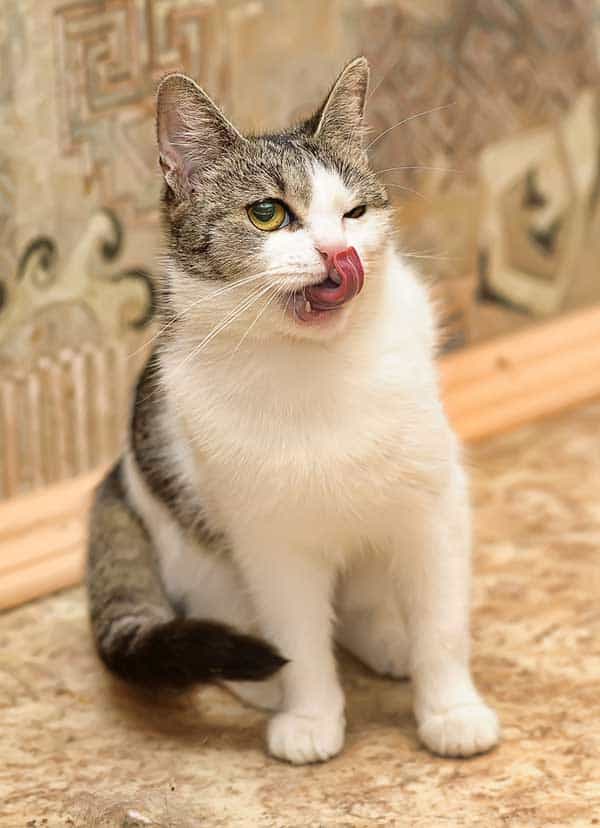
Cinnamon is also generally safe, provided that the cat doesn’t consume it in large quantities, as is often the case in cinnamon essential oil.
However, modern-day Graham crackers tend to contain other sweeteners like sugar, chocolate, or xylitol, all of which are potentially toxic for cats.
Sugar is a major risk factor for diabetes, as well as heart and cardiovascular diseases. Therefore, you should avoid feeding sugar-flavored Graham crackers to your cat, especially in the case of diabetic cats. Sugar is also associated with tooth decay in cats.
3. Fats
The greatest risks of feeding fatty foods to cats are obesity and weight-related conditions. Too much fat in your cat’s diet may also produce laxative effects, leading to diarrhea and dehydration.
4. Salt
Salt is the most popular condiment and Graham crackers are usually loaded with it. Sadly, salt happens to be another food that cats should not consume.
A little amount of salt is all it takes to produce salt poisoning in cats. Salt poisoning in cats manifests in symptoms like nausea and vomiting, diarrhea and dehydration, loss of appetite, frequent thirst and urination, lethargy, and incoordination.
If left untreated, the condition could degenerate to seizures, tremors, coma, and eventually death. If you must offer your cat Graham crackers, ensure that you regulate the salt content in the crackers.
Other Frequently Asked Questions Relating To Cats and Graham Crackers
Can cats eat goldfish crackers?
Yes, cats can eat goldfish crackers alright. However, as with many other ingredients in crackers, goldfish crackers present minimal nutritional value to your cat. If you can, avoid them altogether.
Can cats eat Ritz Crackers?
Just like goldfish crackers, your feline friend can eat Ritz crackers and there shouldn’t be any immediate cause for alarm. But nutritionally speaking, the cat is better off without Ritz crackers.
Can cats eat Teddy Grahams?
As you may have guessed by now, the emphasis is on three aspects – nutritional value, safety of ingredients, and moderation. You can feed Teddy Grahams to your cat in moderation, provided that it doesn’t contain any toxic ingredients for cats. But if you can find healthier and more nutritious alternatives to teddy Grahams, the better for your cat.
Can kittens eat graham crackers?
One of the frequently asked questions by cat owners is, ‘my kitten ate a Graham cracker piece, will she die?’ Though your kitten may not die immediately from eating Graham crackers, remember that kittens have more sensitive stomachs compared to adult cats. Therefore, your best bet is to avoid offering your kitten any Graham crackers.
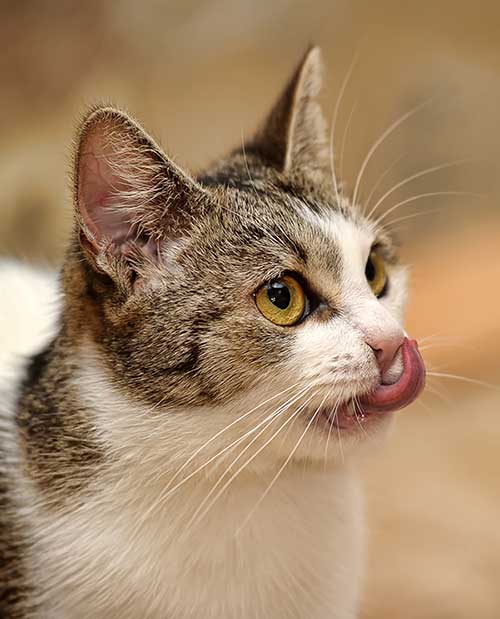
Can cats die from eating Graham crackers?
No, cats cannot die from Graham crackers, at least not immediately. But as we’ve repeatedly highlighted, some common ingredients in Graham crackers may pose serious risks to your cat.
Conclusion
Graham crackers may be delicious for cats. But they’re definitely not nutritious for them. If you can, avoid offering Graham crackers to your cat and instead, look for healthier and more nutritious alternatives.
To satisfy their curiosity and energy to explore everything, you can also have toys and gifts for them in your life. If you want to have an exclusive personalized badge for your furry friend, you can also start your design through the online customization route. EnamelPins Inc can fulfill all the requirements regarding pet badges, whether it is a pattern, material or color, it is up to you.
Customized enamel pins can be not only toys and identification for your pet, but also one-of-a-kind keepsakes.
